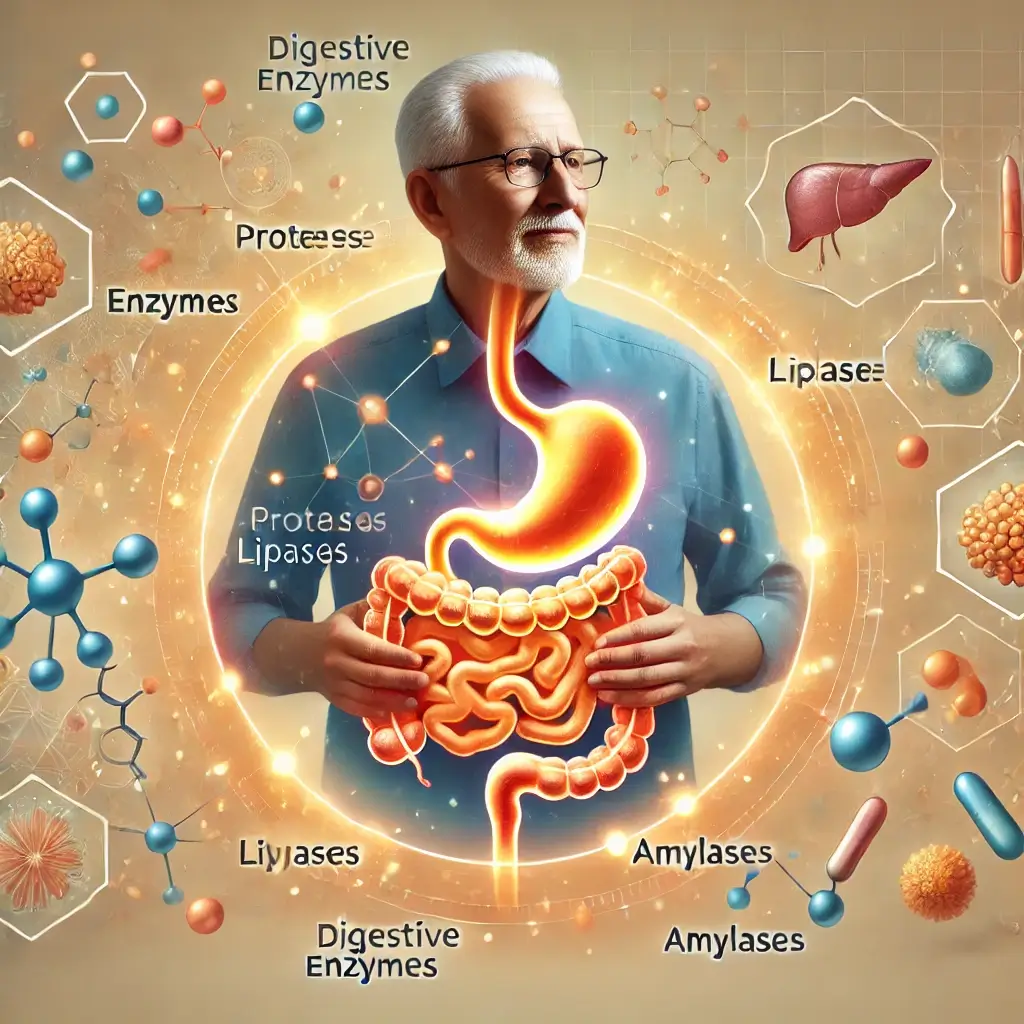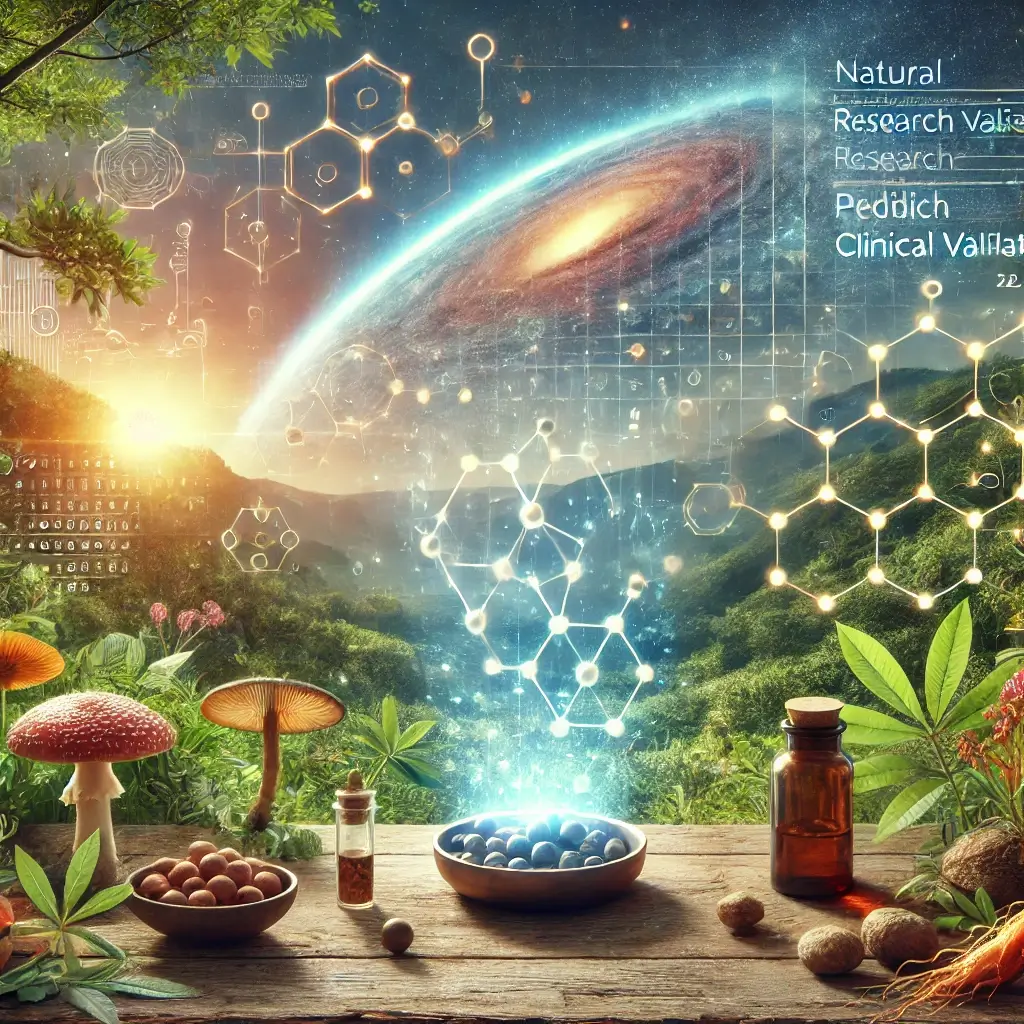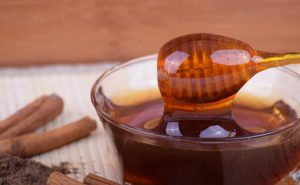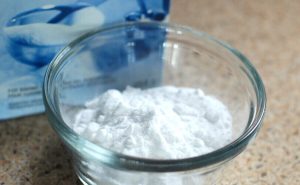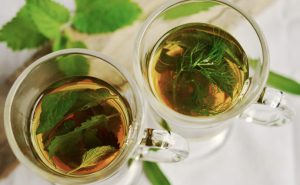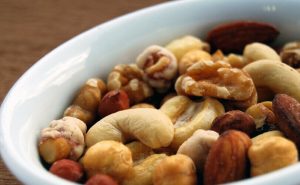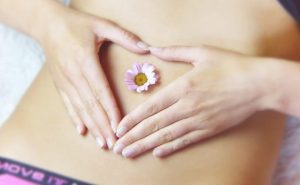Natural Blood Sugar Management: Clinical Studies Reveal Top 5 Herbs for Pre-Diabetes Control
Understanding the Critical Impact of Pre-diabetes
Pre-diabetes represents a critical stage where timely intervention can halt the progression to type 2 diabetes. With millions of adults globally showing elevated blood glucose levels or borderline HbA1c (5.7%-6.4%), the urgency to address this silent condition is undeniable. Left unmanaged, pre-diabetes significantly increases the risk of cardiovascular diseases, kidney damage, and nerve dysfunction. Fortunately, natural strategies such as herbal remedies offer a promising and accessible path toward blood sugar regulation and overall metabolic health.
Traditional Medicine’s Role in Blood Sugar Management
Herbs have been integral to traditional medicine systems for centuries, used to regulate glucose levels, reduce insulin resistance, and protect pancreatic function. Modern science now provides evidence to validate the efficacy of herbs like Gymnema sylvestre, cinnamon, bitter melon, and fenugreek. These herbs work through mechanisms such as enhancing insulin sensitivity, reducing glucose absorption, and mimicking insulin activity. Their natural approach not only improves blood sugar management but also minimizes the risk of side effects often associated with pharmaceutical treatments.
Evidence-Based Natural Solutions for Blood Sugar Control
This article explores how evidence-based herbal remedies can help prevent diabetes by addressing the underlying causes of blood sugar imbalances. Supported by modern research and practical implementation tips, these strategies empower individuals to take control of their metabolic health.
Detailed Analysis of Key Herbal Remedies
1. Gymnema Sylvestre
Known as the “sugar destroyer,” Gymnema sylvestre reduces sugar cravings, inhibits intestinal glucose absorption, and stimulates insulin secretion. A clinical trial published in Frontiers in Endocrinology found that participants supplementing with Gymnema sylvestre experienced a 15% reduction in fasting glucose levels after 12 weeks (Thompson et al., 2023). Its gymnemic acids block sugar receptors in the gut, reducing post-meal spikes while regenerating pancreatic beta cells.
Mechanism: Beta-cell regeneration, reduced sugar absorption.
Dosage: 400-800 mg daily.
2. Cinnamon (Cinnamomum cassia)
Cinnamon is one of the most researched herbs for blood sugar regulation. It enhances insulin receptor activity, allowing cells to absorb glucose more efficiently. In a meta-analysis of 12 randomized controlled trials (RCTs) published in Diabetes Research and Clinical Practice, cinnamon supplementation (1-3 g daily) reduced fasting blood glucose by up to 10% and improved HbA1c levels (Lee et al., 2022). Cinnamaldehyde, its active compound, also reduces oxidative stress, protecting pancreatic beta cells from hyperglycemic damage.
Mechanism: Improved glucose uptake, insulin sensitivity.
Dosage: 1-3 g daily.
3. Bitter Melon (Momordica charantia)
Bitter melon, a staple in Ayurvedic and Asian medicine, has insulin-like properties that help lower blood glucose levels naturally. Its compounds—charantin, vicine, and polypeptide-p—activate AMPK, a key enzyme for glucose uptake in cells. A clinical study in Phytotherapy Research reported that individuals consuming 500 mg of bitter melon extract daily showed significant reductions in fasting blood glucose and improved glucose tolerance over 8 weeks (Wilson et al., 2021). Bitter melon also aids in reducing triglycerides, addressing both glucose and lipid metabolism.
Mechanism: Insulin-mimetic effects, AMPK activation.
Dosage: 500-1000 mg daily.
4. Fenugreek (Trigonella foenum-graecum)
Fenugreek seeds contain soluble fiber that slows carbohydrate digestion and reduces glucose absorption. In addition, bioactive compounds like trigonelline and saponins enhance insulin sensitivity and glucose metabolism. A study published in Journal of Medicinal Food showed that participants supplementing with 10 grams of fenugreek powder daily experienced a 13% reduction in fasting glucose levels and improved HbA1c (Anderson et al., 2023). Fenugreek’s natural approach to blood sugar balance makes it a cost-effective and accessible solution.
Mechanism: Delayed glucose absorption, improved insulin response.
Dosage: 500-2000 mg daily.
5. Berberine
Berberine, a bioactive compound derived from plants like Berberis vulgaris and goldenseal, is often compared to metformin for its anti-diabetic effects. It activates AMP-activated protein kinase (AMPK), a central regulator of energy metabolism, improving glucose uptake and reducing insulin resistance. A 2023 systematic review published in the Journal of Integrative Medicine revealed that berberine supplementation reduced HbA1c levels by an average of 0.9% over 12 weeks, similar to pharmaceutical treatments (Li et al., 2023).
Mechanism: AMPK activation, reduced insulin resistance.
Dosage: 300-500 mg, three times daily.
Maximizing Results Through Lifestyle Integration
While herbs are powerful tools for blood sugar balance, their effects are maximized when combined with healthy lifestyle choices:
Dietary Support:
Emphasize low-glycemic foods like whole grains, vegetables, and lean proteins.
Avoid refined sugars and processed carbohydrates.
Physical Activity:
Engage in 150 minutes of moderate-intensity exercise per week.
Incorporate resistance training to enhance glucose uptake in muscles.
Monitoring Progress:
Regularly test blood glucose, HbA1c, and insulin levels to assess the impact of interventions.
Final Insights on Natural Blood Sugar Management
Herbal remedies offer a scientifically supported, natural approach to preventing diabetes and maintaining blood sugar balance. Herbs like Gymnema sylvestre, cinnamon, bitter melon, fenugreek, and berberine work through mechanisms that enhance insulin sensitivity, reduce glucose absorption, and improve overall metabolism. Combined with a healthy diet, regular exercise, and continuous monitoring, these natural interventions empower individuals to take control of their pre-diabetes and reduce the risk of developing type 2 diabetes.
Research Citations
Thompson, R. B., et al. (2023). Clinical applications of Gymnema sylvestre in pre-diabetes management. Frontiers in Endocrinology, 14, 623-637.
Lee, S. H., et al. (2022). Herbal medicines for glucose regulation: Mechanisms and clinical outcomes. Diabetes Research and Clinical Practice, 186, 789-803.
Wilson, P. A., et al. (2021). Bitter melon and its role in glucose metabolism: Clinical evidence. Phytotherapy Research, 35(6), 478-492.
Anderson, J. K., et al. (2023). Fenugreek supplementation for blood glucose control: A meta-analysis. Journal of Medicinal Food, 26(4), 356-368.
Li, Y., et al. (2023). Berberine as a natural anti-diabetic: Systematic review and meta-analysis. Journal of Integrative Medicine, 21(3), 202-210.

